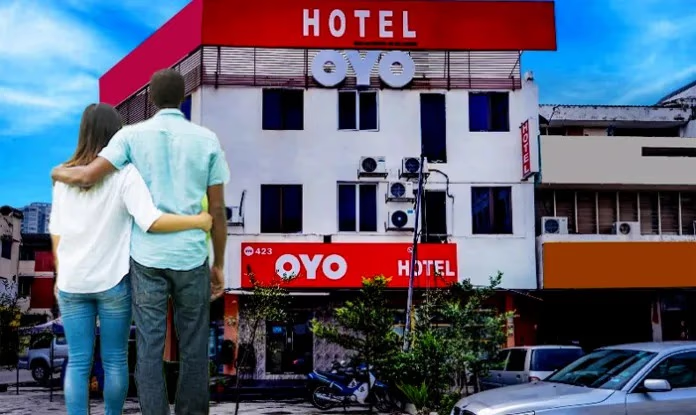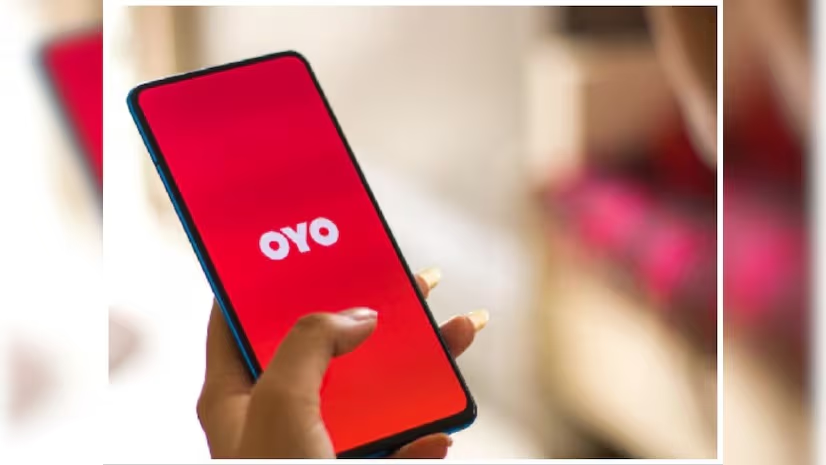OYO, the travel booking company, has made a significant update to its check-in policy this Sunday. As per the new rules, couples need to provide proof of their relationship when checking into hotels, applicable to both online and offline bookings. Currently, this rule is on trial in Meerut. The question arises, why is OYO shifting gears from the image that made it a renowned brand? Is this part of a strategic approach? What are examples of countries or companies that have enhanced their brand by altering their image?
Thailand: A Strategic Transformation
Thailand was once primarily known for sex tourism. However, by the year 2000, global demand for its restaurants surged. Thai dishes gained immense popularity, with Pad Thai becoming a household name worldwide. Consequently, tourist numbers in Thailand skyrocketed from 10 million to 39.8 million between 2001 and 2019. Before the pandemic, Thailand was the world's eighth most visited country.
This transformation in Thailand's image was driven by a comprehensive strategy from its government. They provided training, launched global initiatives, and actively promoted their cuisine, offering enticing deals to attract people.
An American Story...
Once, the common belief about American cuisine was it centered only around burgers and hot dogs. To change this perception, America devised a strategic plan. The government organized a team of approximately 80 chefs from around the White House and tasked them to diversify into local and South American dishes. These chefs were sent around the world, and numerous food-related events were organized.
Several countries and companies have successfully reinvented their images to strengthen their brand. The question now is, is OYO heading down the same path? To truly comprehend, we must first explore the journey of this company.

Source: aajtak
The Journey of OYO: Founded in 2013
Ritesh Agarwal founded OYO in 2013 with a business model focusing on budget hotels. The brand's recognition was fueled by two main factors: it provided affordable room rates, leading to a boom in budget hotels even in small towns, and it welcomed unmarried couples without hassles. OYO became a household name, so popular that people would say 'let's book an OYO' instead of 'let's book a hotel.'
The Source of Controversy
OYO's distinctive approach became a source of controversies as well. Policies concerning unmarried couples sparked protests, particularly in Meerut. The brand faced criticism over incidents like leaked hotel videos and unchecked activities leading to illicit occurrences. Some social organizations filed petitions against OYO.
OYO's Strategy Shift
This initiative starting in Meerut can be perceived as part of OYO's strategic pivot. Amid these controversies, OYO aims to shift its image towards being a safe and welcoming option for families, students, business trips, religious journeys, and solo travelers. These changes are aligned with the company's goal to strengthen visitor trust and enhance its brand identity.
Upcoming Moves by OYO
Before implementing the check-in policy changes, OYO had begun adjusting its strategies. The company is organizing nationwide seminars on safe hospitality in collaboration with police and hotel chains. OYO is actively blacklisting hotels involved in unethical activities and taking actions against fraudulent hotels operating under its name.

Source: aajtak
OYO's Global Reach: Over 80 Countries
The extent of OYO's business model is evident with its presence in over 800 cities across Asia, Europe, and America, in more than 80 countries as of 2020. The OYO brand operates over 43,000 hotels worldwide. OYO first expanded outside India to Malaysia, launching operations there in 2016. By 2021, the OYO app was downloaded by over 100 million users globally.
As per the 2019 report, OYO had provided jobs to over 17,000 people worldwide, with more than 8,000 in India and South Asia alone.

Source: aajtak
Regarding revenue, OYO achieved a revenue of 6,329 crores in the financial year 2019, soaring to 13,168 crores in 2020. In 2022, revenue was recorded at 4,781 crores, 5,464 in 2023, and 5,388 crores in 2024. For the first time in 2024, OYO reported profits. Notably, Japanese multinational company SoftBank holds a nearly 47% stake, while Ritesh Agarwal owns more than 33% of the company.




